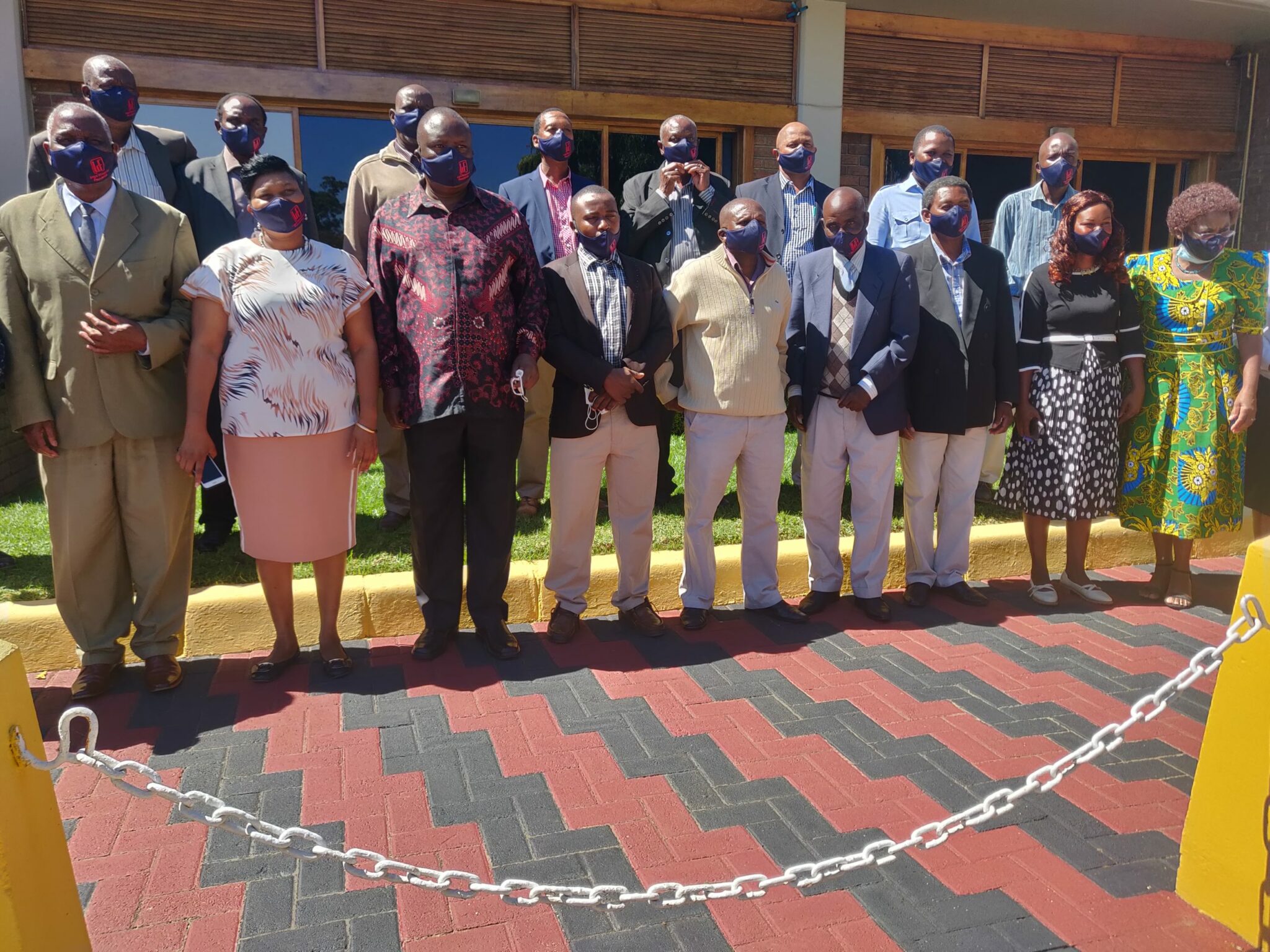Traditional leaders in Matabeleland have been urged to adopt a gender-sensitive approach and ensure the promotion and protection of fundamental human rights in the discharge of their duties.
This came out of a two-day gender and human rights manual training workshop held at a local hotel in Bulawayo organised by the Legal Resources Foundation (LRF) in collaboration with the Zimbabwe Council of Chiefs (ZCC).
In an interview with CITE, LRF Advocacy Research and Strategic Litigation Coordinator, Valerie Zviuya said they noticed that there is a knowledge gap in the way that chiefs carry out their duties.
“The launch of the gender and human rights manual, we have been working in conjunction with Chiefs’ council, there were specific issues that we saw that were emanating from the chiefs’ courts relating to the human rights and gender, so we developed this manual. Together we had consultants with NRF and we had representatives from the chiefs council,” said Zviuya.
“What we seek to do with the chiefs, with the gender-human rights manual is to make it like a stencil for their operation in their courts.”
She said they have noticed that issues to do with human rights and gender are paramount in traditional courts.
Zviuya said every chief is going to be given the manual and they will use it when adjudicating over matters.
“We are very happy that this project eventually managed to reach completion, we faced delays due to Covid-19 lockdown but now we have been able to do this after having a validation workshop last year. So, this is more like a familiarisation workshop for them to become conversant and keen to what is contained in the gender-human rights manual, everybody got a copy,” she said.
“We shall also be monitoring their courts and also even carrying out interviews with beneficiaries to check whether these traditional leaders are implementing the provisions that are contained in the human rights manual.”
Meanwhile, Chief Ndube ( Nonhlanhla Sibanda) from Filabusi in Insiza district said the two-day workshop was beneficial to the chiefs.
“Most of the time women misunderstood gender issues, they thought gender refers to women only but it speaks of equal opportunities between men and women.”
“In my court, I have three women representatives who preside over serious issues and make the decisions just to show an ordinary woman that they have powers to preside over matters. When it comes to political issues, I have noticed that women are afraid to take such positions,” said Chief Ndube.
Chief Mbikwa Masuku from Gwanda added that they will prioritise human rights issues when handling cases in their courts.

